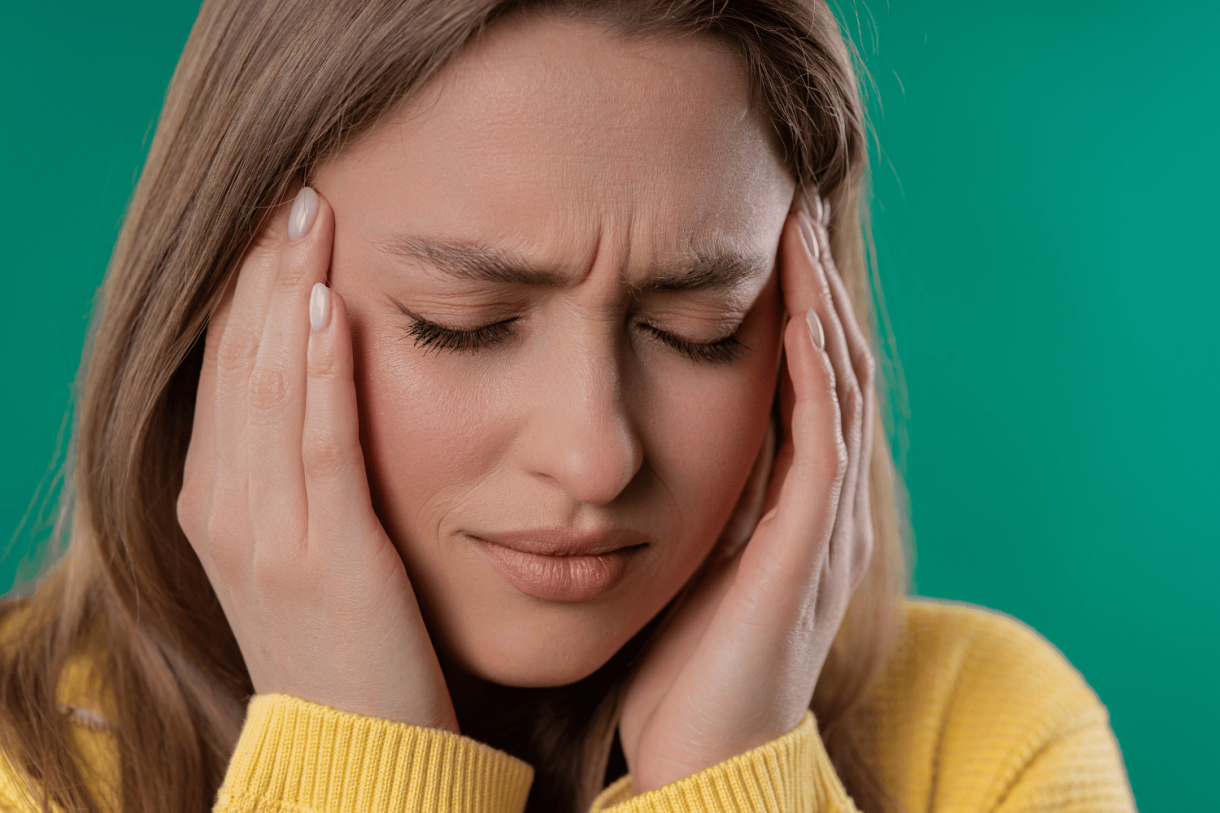
Have you ever experienced a headache that disrupted your entire day and wondered what caused it? Headaches are one of the most common health complaints among adults, with causes ranging from stress and dehydration to more serious underlying conditions. While some headaches are mild and short-lived, others can be debilitating and require immediate attention.
Understanding the different types of headaches and their causes is essential for finding the proper treatment and preventing future episodes. In this blog, we’ll explore the common causes of headaches in adults, how to identify their symptoms, and when to seek medical help. Let’s dive in and uncover what might be behind that pounding pain!
Tension Headaches vs. Migraines: The Difference
Tension headaches, the most common type, feel like a dull, aching pain or a tight band around the head. They are often caused by stress or muscle tension. Migraines, however, are a more severe neurological condition. They cause intense, throbbing pain, usually on one side of the head, and are often accompanied by other symptoms like nausea and sensitivity to light and sound.
Tension headaches and migraines are common but distinct conditions that can look similar but are caused by different factors. Understanding the differences between them can help in identifying the proper treatment. Let’s see how they differ in appearance, causes, symptoms, and treatment.
|
Parameter |
Tension Headaches |
Migraines |
|---|---|---|
|
Appearance |
Tension headaches cause a steady, aching pain on both sides of the head. The pain is often described as a constant pressure, like a tight band wrapped around the head. |
Migraines typically cause a severe, pulsating, or throbbing pain, usually on just one side of the head. The pain can be debilitating. |
|
Cause |
Stress, neck and shoulder muscle strain, fatigue, and poor posture are common triggers of tension headaches. |
Hormonal changes, certain foods and drinks, stress, and changes in sleep patterns can trigger migraines. They have a genetic component. |
|
Symptoms |
Symptoms are usually limited to mild to moderate head pain and scalp, neck, and shoulder muscle tenderness. They do not typically cause nausea or vomiting. |
Symptoms can include severe pain, nausea, vomiting, extreme sensitivity to light and sound, and visual disturbances known as auras (e.g., seeing flashing lights). |
|
Treatment |
Over-the-counter pain relievers like ibuprofen or acetaminophen are often effective. Stress management techniques, massage, and improving posture can also help. |
Treatment can include over-the-counter pain relievers for mild attacks, but severe migraines often require prescription medications. Resting in a dark, quiet room is helpful. |
Common Causes of Headaches
Headaches can develop for many different reasons, and understanding the cause is essential for proper management. Sometimes, headaches are due to something simple like not drinking enough water. They might also be a sign of stress, poor sleep, or an underlying medical condition. Here are some of the most common reasons why headaches occur:
Stress and Tension
Stress and tension are among the most common causes of headaches. When the body’s muscles, particularly in the neck and scalp, tighten up due to emotional or physical stress, it can lead to a tension headache.
- Tension Headaches: This type of headache occurs when your neck and scalp muscles become tense or contract. The pain is often described as a constant ache or pressure around the head, especially at the temples or back of the head and neck.
- Emotional Stress: Feelings of anxiety, worry, or depression can cause muscles to remain tightened, leading to chronic tension headaches.
- Physical Stress: Poor posture, such as slouching at a desk, or holding your head in one position for a long time, can also strain neck and scalp muscles, triggering a headache.
Dehydration
Dehydration is a frequent cause of headaches. When your body doesn't have enough fluid, your brain can temporarily shrink or contract from fluid loss. This causes the brain to pull away from the inside of the skull, resulting in pain.
- Mild to Moderate Dehydration: Even slight dehydration can cause a headache. The pain can range from a dull ache to a more intense throbbing. Other symptoms, such as fatigue, dizziness, and dry mouth, often accompany it.
- Reduced Blood Flow: Dehydration reduces the volume of blood flowing to the brain, which can also contribute to headache pain. Drinking water to rehydrate is often enough to relieve the headache within a few hours.
Sleep Issues
Sleep problems are a well-known trigger for headaches, particularly migraines and tension headaches. The relationship between sleep and headaches is complex, as both too little and too much sleep can be a cause.
- Insomnia and Lack of Sleep: Not getting enough quality sleep can lead to headaches. The body needs restorative sleep to function correctly, and a lack of it can increase stress hormones and muscle tension.
- Poor Sleep Quality: Conditions like sleep apnea, where breathing repeatedly stops and starts during sleep, can cause morning headaches due to a lack of oxygen.
- Oversleeping: While less common, sleeping more than usual can also trigger headaches in some people, possibly by disrupting the body's natural circadian rhythm.
Dietary Triggers
Certain foods and drinks can trigger headaches, especially migraines, in susceptible individuals. These triggers can vary widely from person to person.
- Caffeine: Both too much caffeine and caffeine withdrawal can cause headaches. While caffeine can help relieve some headaches, daily high intake can lead to dependency and withdrawal headaches.
- Alcohol: Alcohol, particularly red wine, is a common migraine trigger. It can cause dehydration and increase blood flow to the brain, both of which can lead to a headache.
- Processed Foods: Foods containing nitrates (like hot dogs and deli meats), tyramine (found in aged cheeses and fermented foods), and MSG can trigger headaches in some people.
Hormonal Changes
Fluctuations in hormones, particularly estrogen, can be a significant cause of headaches in women. These headaches often occur at predictable times in the menstrual cycle.
- Menstruation: Many women experience "menstrual migraines" due to the natural drop in estrogen levels just before their period begins.
- Pregnancy: Hormone levels fluctuate wildly during pregnancy. While some women find their migraines improve, others may experience them for the first time or more frequently.
- Menopause: As women approach menopause, hormonal fluctuations can make headaches more frequent or severe. For many, migraines improve after menopause when hormone levels stabilize.
When to Worry About a Headache in Adults
While many headaches are harmless and go away on their own, some could be signs of a more serious health issue. It’s important to know when to worry about a headache in adults. Here are some situations when you should be concerned:
Headache with Fever
If a headache is accompanied by a high fever, a stiff neck, and nausea, it could be a sign of a severe infection, such as meningitis. This condition requires immediate medical care.
Sudden, Severe Headache
If you experience a sudden, excruciating headache, often described as the "worst headache of your life," it could indicate a ruptured brain aneurysm. This is a life-threatening emergency that requires immediate treatment.
Headache with Neurological Symptoms
A doctor should evaluate a headache accompanied by neurological symptoms such as blurred vision, confusion, weakness on one side of the body, or difficulty speaking. These could be signs of a stroke.
Headache that Spreads Quickly
If a headache develops suddenly and reaches maximum intensity within a minute or two (a "thunderclap headache"), especially if other symptoms are present, seek medical attention.
Headache with Blisters or Open Sores
A headache associated with a painful rash, particularly on the face or near the eye, can be a sign of shingles affecting a nerve. This needs prompt medical evaluation to prevent complications.
Headache in Specific Patterns
Some headaches, like those that worsen with coughing or movement, or those that are consistently worse in the morning, require medical evaluation. A doctor should check headaches that change in pattern or become new after age 50.
First Aid for Headaches
When dealing with a headache, taking quick, appropriate action can help ease discomfort and prevent it from worsening. Whether stress, dehydration, or something else causes the headache, knowing how to respond is essential. If you or someone else has a headache, follow these simple steps:
Identify Triggers
Try to figure out what caused the headache, such as stress, lack of sleep, or certain foods. If you can identify the trigger, you may be able to avoid it in the future.
Hydrate
Gently drink plenty of water, as dehydration is a common cause of headaches. This can help rehydrate your body and may relieve the pain.
Rest and Apply a Compress
Rest in a quiet, dark room to reduce sensory input. Use a clean, damp cloth as a cold compress on your forehead for migraines or a warm compress for tension headaches.
Use Over-the-Counter Pain Relievers
Apply an over-the-counter medication, like ibuprofen or acetaminophen, as directed to help manage the pain.
Practice Relaxation Techniques
If the headache is stress-related, try deep breathing, meditation, or gentle stretching to help relax your muscles and mind.
Monitor for Serious Symptoms
If you notice symptoms like a sudden, severe headache, fever, stiff neck, confusion, or weakness, seek emergency medical help immediately.
Keep Track of Headaches
Note when your headaches occur and what seems to help. This can be helpful information for a doctor.
Following these steps can help you effectively manage mild headaches. However, if the headache doesn’t improve or worsens, consult a doctor.
Wrapping Up
Headaches are a common health issue that can be caused by a variety of factors, from minor triggers like stress to severe health conditions. Understanding your headache type and its causes is a key step in managing them effectively. Whether it’s a tension headache or a migraine, being informed can help you take the right actions to ease discomfort and find relief. If you want to be better prepared to handle headaches and other medical situations, consider taking a first aid course. Sign up for a course today and equip yourself with the skills you need to respond confidently in any situation.




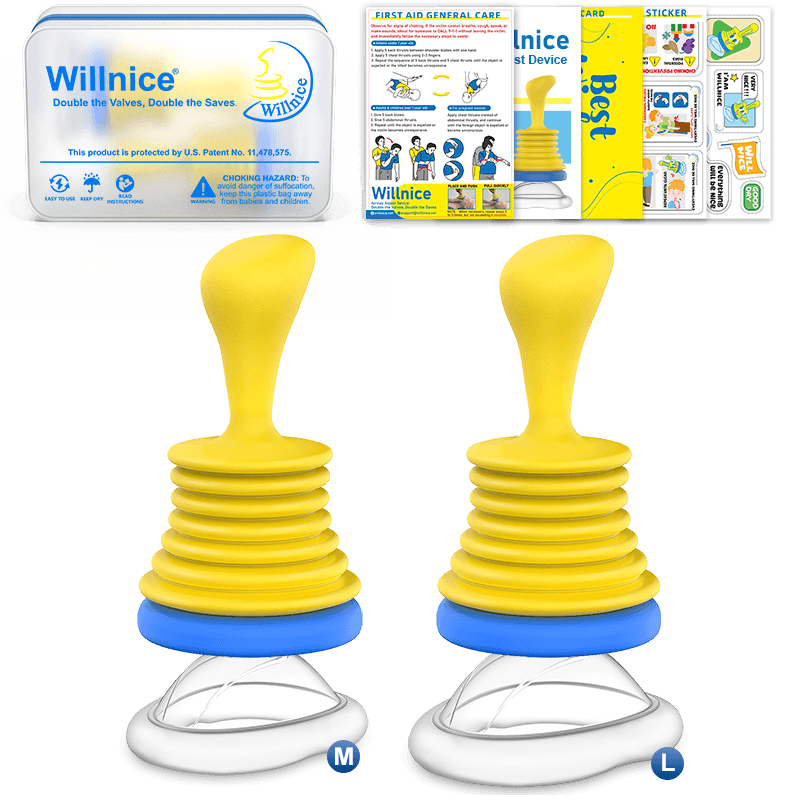
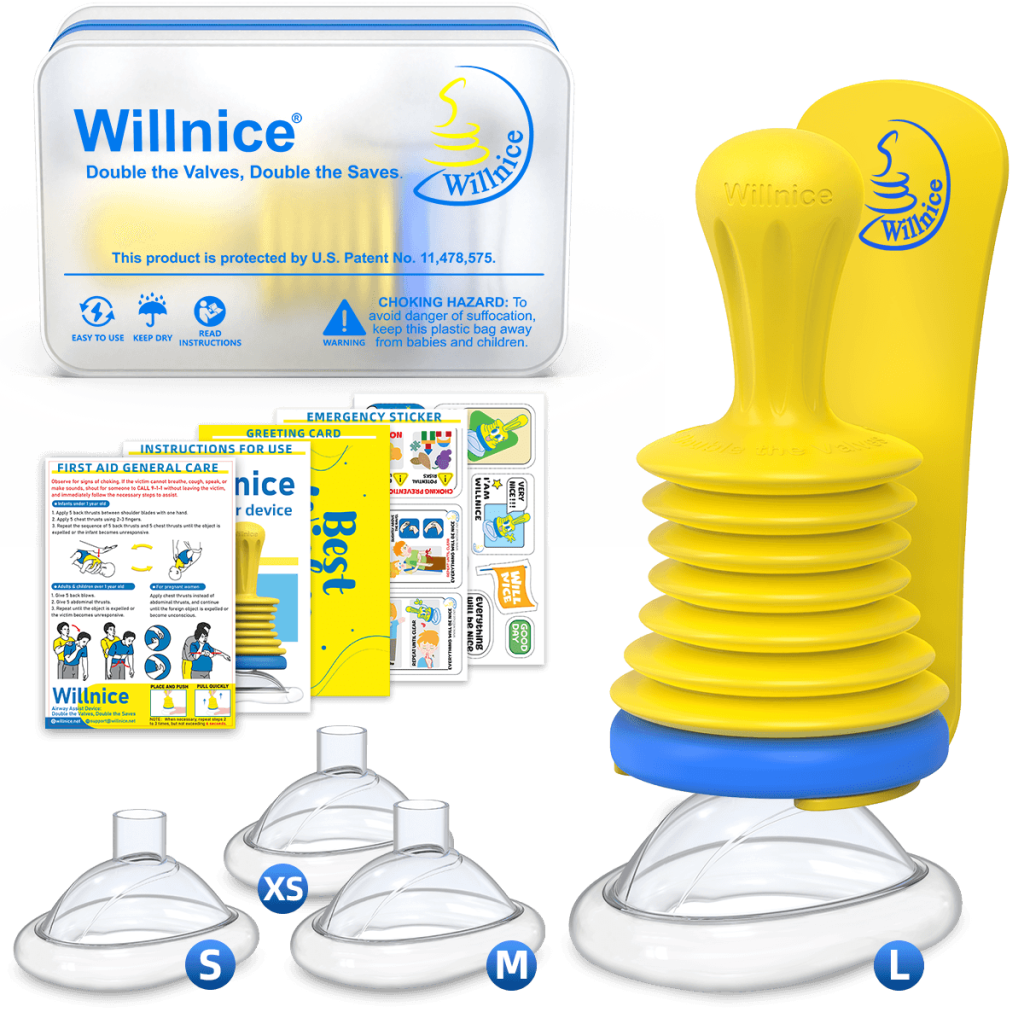


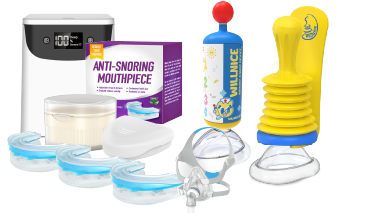
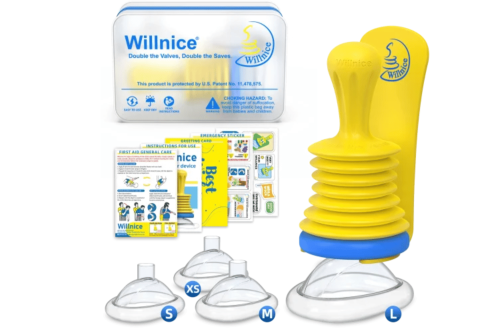



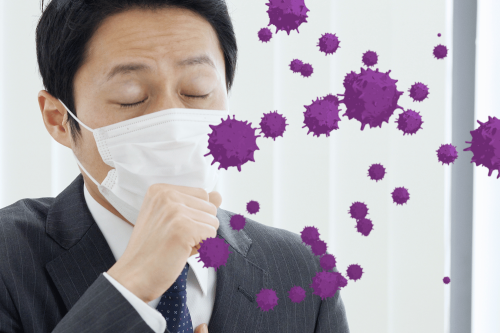

 Login with Google
Login with Google Login with Facebook
Login with Facebook